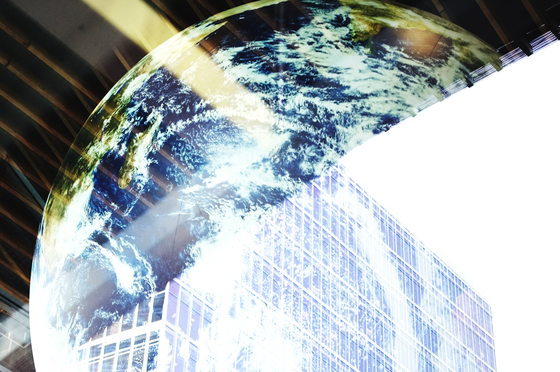How do you view yourself as global? You may not be aware of doing so every day, but in multiple ways we engage with the world—through the lens of both a telescope and a microscope as we examine our surroundings, look out the windows at the landscape, check the weather, or indulge in the outdoors or intermingle with others. Many of us are global news junkies, continental and intercontinental travellers as well as planetary consumers—attending to world affairs and ever-conscious of our footprint. Even as we open our computers, we are apt to have e-mails or other forms of exchange, that have global trajectory. For those of us who are deemed foreigners, we may find ourselves interacting with family, friends and colleagues about both worldly and local issues as we contemplate planetary, national and local circumstances, including our engagements and how we are coping with our realities. These are family, friends and colleagues located thousands of miles apart, sometimes in transit. Yet, nowadays, it is as if we are in the same neighbourhood or near to one another as we share a focus on issues that are both local and planetary in scope. ...

